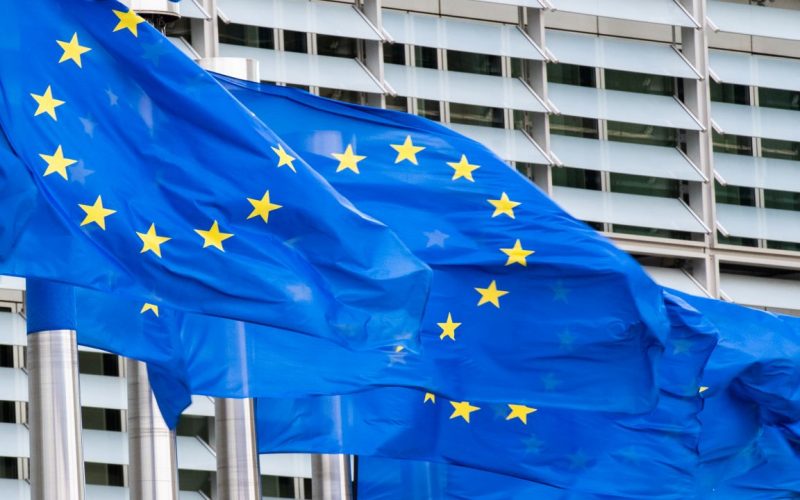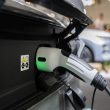The European Union is facing renewed calls from 11 member states to further delay and soften its forthcoming deforestation regulation, according to a document seen by the media.
Led by Austria and Luxembourg, the group of countries has urged the European Commission to simplify the requirements of the law, which is scheduled to take effect in December 2025. The regulation would require companies placing products such as soy, beef, palm oil, cocoa, and coffee on the EU market to provide due diligence statements proving the goods were not linked to deforestation.
“The requirements imposed on farmers and foresters remain high, if not impossible to implement. They are disproportionate to the regulation’s objective,” the countries stated in a joint paper set to be discussed by EU agriculture ministers on Monday.
Bulgaria, Croatia, the Czech Republic, Finland, Italy, Latvia, Portugal, Romania and Slovenia also co-signed the paper.
The law, a flagship part of the EU’s environmental agenda, aims to address the estimated 10% of global deforestation driven by EU imports. However, it has faced sustained criticism from industry groups and international trading partners such as Brazil and the United States. In response, the European Commission previously postponed implementation by one year and scaled back certain reporting obligations.
Last week, the Commission announced that most countries would be exempt from the strictest checks. Now, the 11 member states are pushing for additional amendments, including the creation of a new category of countries deemed to have a “very low” risk of deforestation, which would be excluded from customs checks and origin-tracking requirements.
Companies that fail to comply with the due diligence requirements could face penalties of up to 4% of their EU turnover. The proposed rules would also apply to EU exports, prompting concerns from governments about the impact on domestic industries.
A spokesperson for the European Commission did not immediately respond to a request for comment.





















